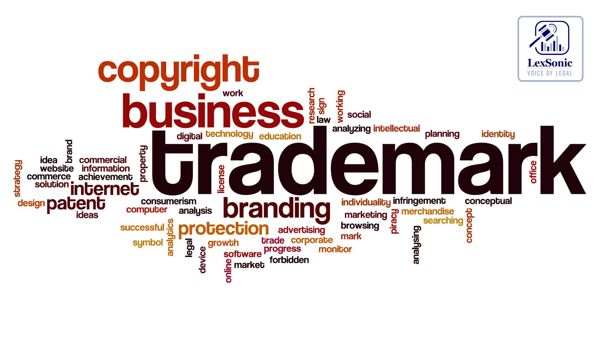High Court Overturns Trial Court's Interim Injunction in Trademark Dispute.
03 September 2024
Trademark Laws in India >> Intellectual Property Rights
In a recent decision in the matter of Santosh Vishn Mardhekar v/s Arun Shamrao Mardhekar, the High Court overturned a trial court's interim injunction order in a trademark dispute between a plaintiff and defendant concerning the sale of "Shev Chiwda," a popular Indian snack.
Case Background:
The dispute originated from a suit filed on December 5, 2022, by the plaintiff against the defendant in the District Court of Satara. The plaintiff sought recovery of ?10,92,799 and a permanent injunction against the defendant to stop them from manufacturing, selling, and storing their product under a name that allegedly infringed upon the plaintiff's trademark. The interim application, designated as ‘Ex.5’, requested an immediate restraining order against the defendant.
The plaintiff claimed ownership of the trademark "Ritkawali" registered on March 9, 2015. According to the plaintiff, the defendant began selling a similar product under the name "Shubhlaxmi" starting in 2016-2017, which closely resembled the plaintiff's trademark. The plaintiff argued that the defendant's product was confusingly similar to their own, potentially misleading consumers and harming the plaintiff’s business.

Trial Court’s Decision:
The District Judge of Satara, after considering the interim application ‘Ex.5’, granted a partial injunction on February 17, 2023. This order temporarily restrained the defendant from manufacturing, selling, and storing their product.
Dissatisfied with this decision, the defendant filed a Commercial Appeal from Order under Section 13 of the Commercial Courts Act. The defendant challenged the injunction, arguing that the trial court's decision was flawed and that the plaintiff had not provided sufficient evidence of trademark infringement.
Arguments and Evidence:
The defendant's counsel, Mr. Sandesh D. Patil, contended that the plaintiff’s registered trademark did not match the product packaging used by both parties. He argued that the plaintiff’s registered trademark featured a specific design and font, while the defendant’s product packaging differed significantly. Additionally, Mr. Patil claimed that the plaintiff's injunction request was broader than what was warranted by the pleadings and that the trial court's injunction exceeded the relief sought by the plaintiff.
To support his argument, Mr. Patil referenced various judgments, including those from the Nagpur Bench of the Bombay High Court and the Full Bench of the Bombay High Court, to highlight the discrepancies and to argue against the validity of the trial court’s interim order.
Plaintiff's Counsel’s Response:
On the other hand, the plaintiff's counsel, Mr. Vinaykumar Khatu, defended the trial court’s decision, arguing that the defendant's product was designed to imitate the plaintiff’s brand, which could confuse consumers. He emphasized that the plaintiff's business had a long-standing presence in the same village as the defendant’s, strengthening the claim of potential confusion among consumers.
Mr. Khatu referred to several judgments, including those from the Supreme Court and Delhi High Court, to argue that the trial court’s decision was justified given the similarity in the product names and packaging, which could lead to consumer deception.
High Court’s Analysis:
Upon reviewing the case, the High Court noted several key points:
- The registered trademark of the plaintiff was not being used on the packaging of their product, which was a crucial aspect of the infringement claim.
- The product packaging of the defendant, as presented in court, showed significant differences from the plaintiff's registered trademark and current product design.
- The trial court had granted an injunction that was broader than what was requested by the plaintiff, which the High Court deemed as an overreach beyond the pleadings.
The High Court concluded that the trial court's decision to grant a temporary injunction was based on an erroneous interpretation of the evidence and legal standards. The High Court also noted that the defendant had offered to change the background color of their packaging to further distinguish it from the plaintiff’s product.
Conclusion:
The High Court quashed and set aside the trial court’s order dated February 17, 2023, and rejected the interim application ‘Ex.5’. However, it directed the defendant to change the background color of their packaging from red to blue as a precautionary measure. The High Court also expedited the hearing of the main civil suit pending before the District Court.
